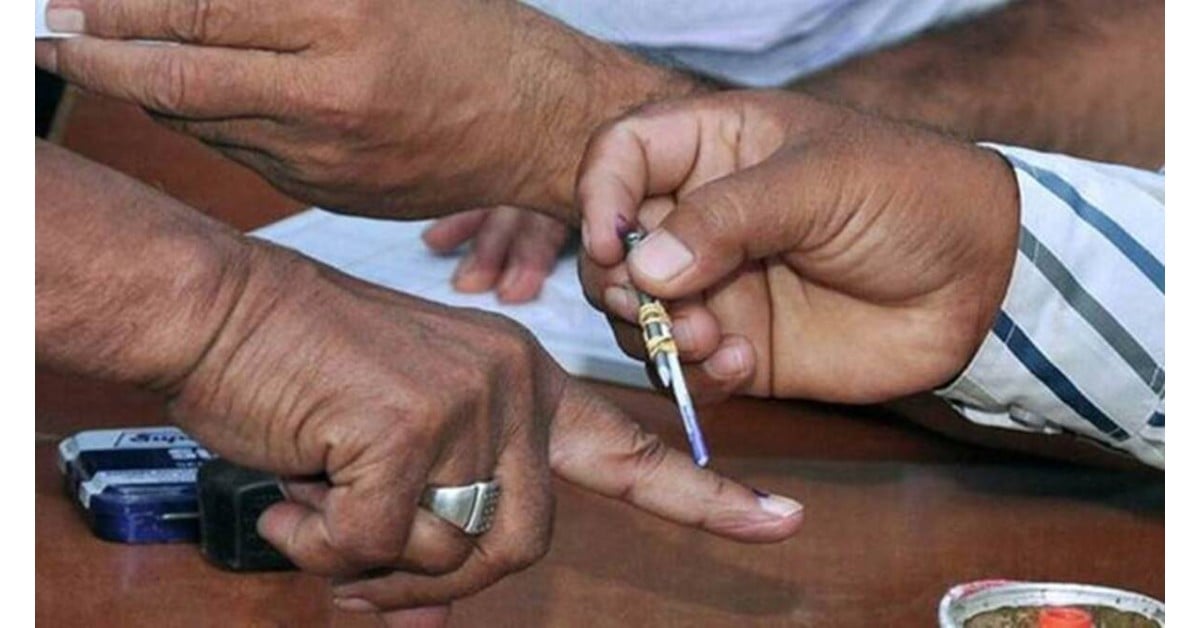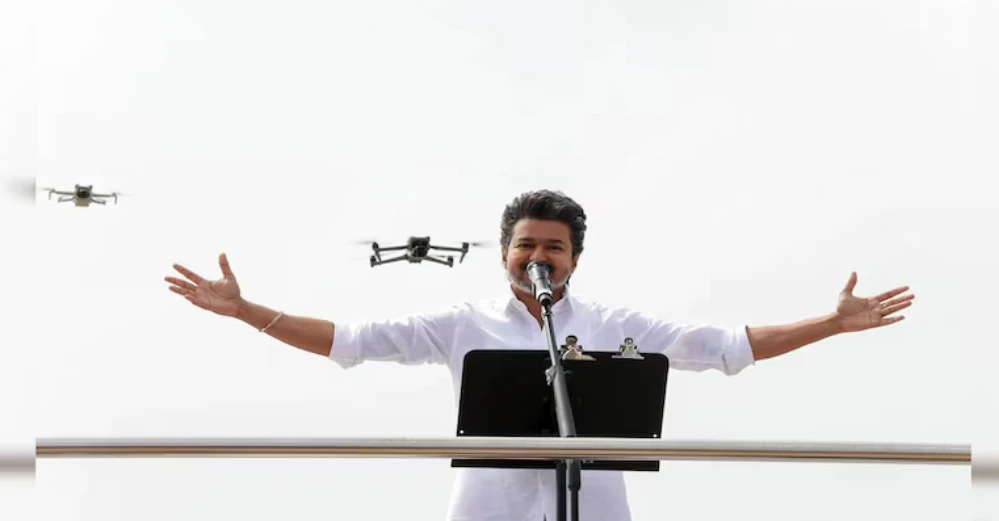India News
Study points to quality issues in Bt Cotton seeds
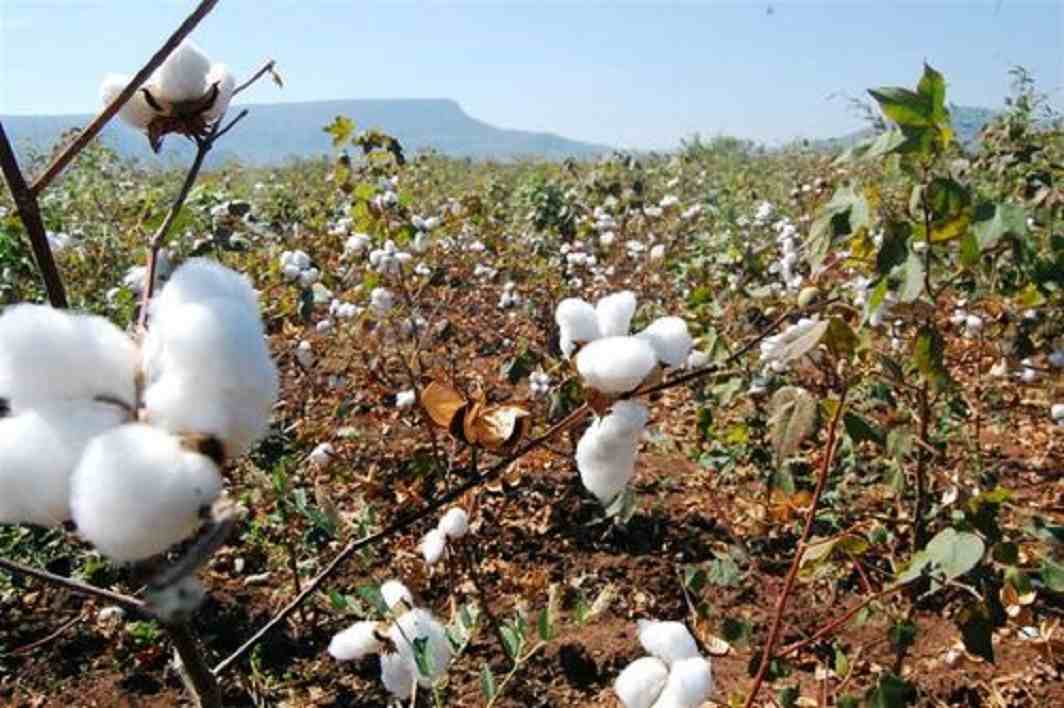
India News
Priyanka Gandhi meets Nitin Gadkari over Kerala road projects, light moments mark discussion
Priyanka Gandhi met Nitin Gadkari in Parliament to discuss road projects in Kerala, with the meeting marked by humour, political remarks and an informal food tasting.
India News
AAP dominates Punjab zila parishad polls, leads in most panchayat samiti zones
AAP has won 201 out of 317 declared zila parishad zones in Punjab so far and is leading in a majority of panchayat samiti seats, with counting still underway.
India News
Vijay signals political push with TVK rally as last film Jana Nayagan promotion aligns with 2026 polls
Vijay combined a major TVK rally with the promotion of his final film Jana Nayagan, signalling a carefully planned transition from cinema to politics ahead of the 2026 Tamil Nadu polls.
-
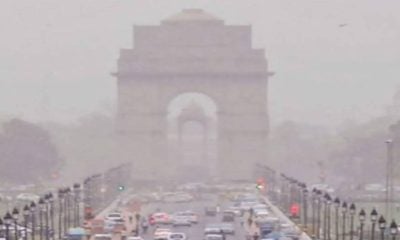
 India News19 hours ago
India News19 hours agoRs 20,000 fine or forced return as Delhi turns away old vehicles at borders amid severe pollution
-
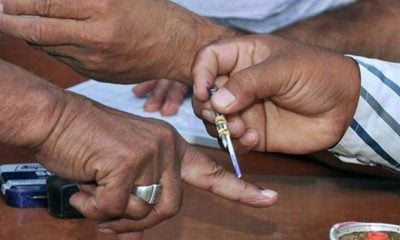
 India News12 hours ago
India News12 hours agoAAP dominates Punjab zila parishad polls, leads in most panchayat samiti zones
-

 India News17 hours ago
India News17 hours agoParliament passes bill to allow 100% foreign investment in insurance sector
-
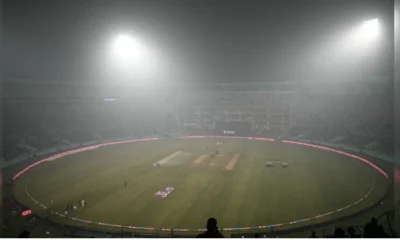
 Cricket news17 hours ago
Cricket news17 hours agoIndia vs South Africa T20I abandoned due to fog raises questions over BCCI scheduling
-
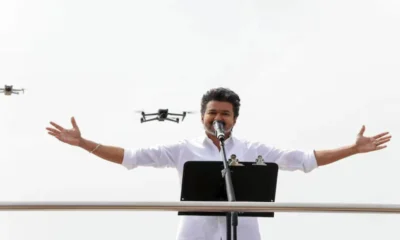
 India News17 hours ago
India News17 hours agoVijay signals political push with TVK rally as last film Jana Nayagan promotion aligns with 2026 polls
-
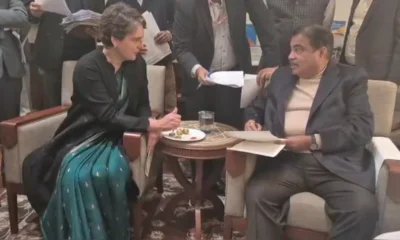
 India News12 hours ago
India News12 hours agoPriyanka Gandhi meets Nitin Gadkari over Kerala road projects, light moments mark discussion
-
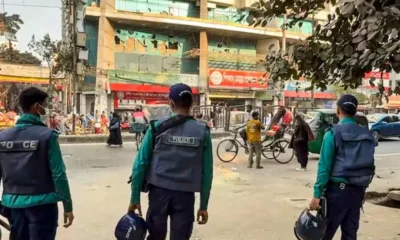
 Latest world news12 hours ago
Latest world news12 hours agoIndia closes two more visa centres in Bangladesh amid worsening security concerns


